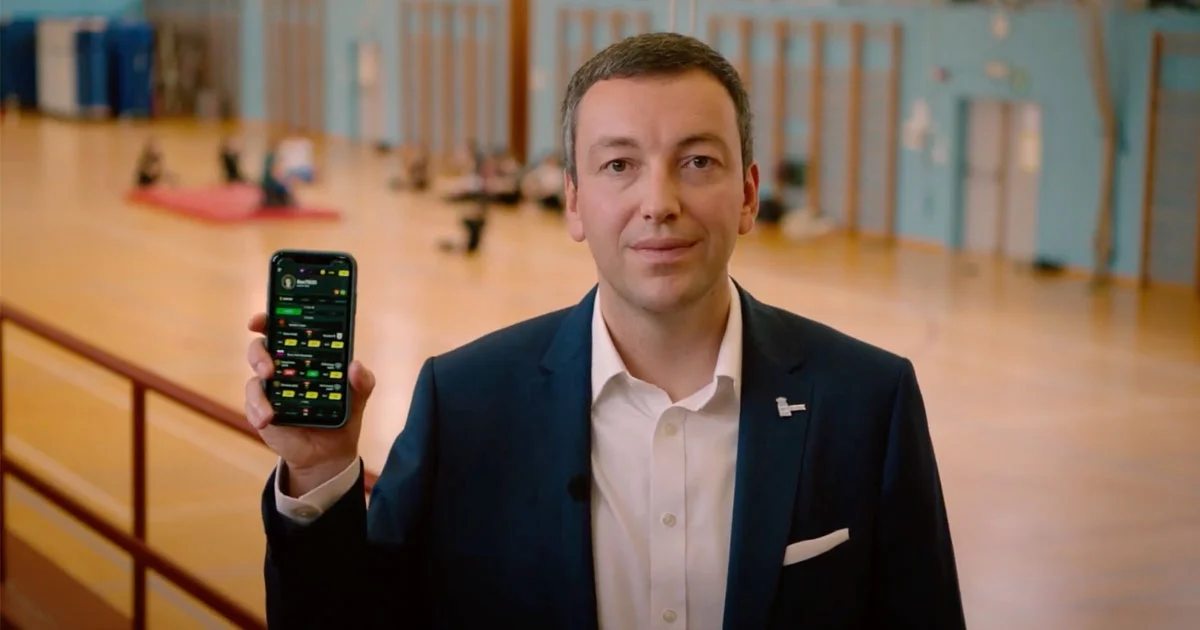Belgian Bram Constandt warns Netherlands – Gambling sponsors gone, but danger remains
Starting on 1 July 2025, gambling sponsorship in Dutch football will be over. Large banners, logos on shirts and stadium names will disappear. With this, the Netherlands is taking a step that Belgium already took in 2023.
Sports ethicist and researcher Bram Constandt has been following these developments for years. From his role at Ghent University, he became one of the most heard voices in the debate on sport and the gambling industry. And he is consulted also from the Netherlands.
Belgium was early with rules, but also saw the loopholes right away
Belgium introduced the ban on gambling sponsorship faster than the Netherlands. As a result, the country also faced the consequences sooner. Constandt saw how clubs get creative:
‘Some partnered with foreign branches or designed campaigns without a clear brand logo. Anything to get around the ban.’
He says this shows that clear legislation and strict control are indispensable.
‘If you only ban but do not supervise, loopholes pop up,’ he says in the Volkskrant.
Constandt argues for policy beyond banning
Constandt looks at the issue more broadly than just legislation. He stresses the need for prevention among vulnerable target groups, such as young supporters. And that operators cannot abdicate their role.
‘Gambling operators must be transparent about their campaigns and offer tools to reduce risky behaviour.’
He says Belgian policy is unique in that it simultaneously focuses on prohibition, guidance and behavioural science.
‘We have years of experience here of how operators adapt and how clubs react. That makes our approach valuable for other countries.’
Dutch clubs are at the beginning of a difficult transition
Whereas Belgian clubs already had to find alternatives, many Dutch teams are only at the beginning. Gamble Sponsors accounted for millions a year. That money now has to come from elsewhere.
‘Without a clear strategy, clubs panic and fall back on dubious solutions,’ warns Constandt.
He calls for a shared plan, with government, unions and clubs working together.
‘Only then will you keep out the temptation of surreptitious advertising and sham constructions,’ he says.
Bram Constandt has become the reference in the European debate
More and more media, policymakers and sports organisations are knocking on Constandt’s door. He is consulted by journalists in France, Germany and now the Netherlands.
‘Our experience in Belgium is a kind of laboratory for what other countries can expect,’ he says.
For him, it is clear: those who move quickly make sport stronger.
‘This ban is not a threat, but an opportunity to make football fair and safe again.’


